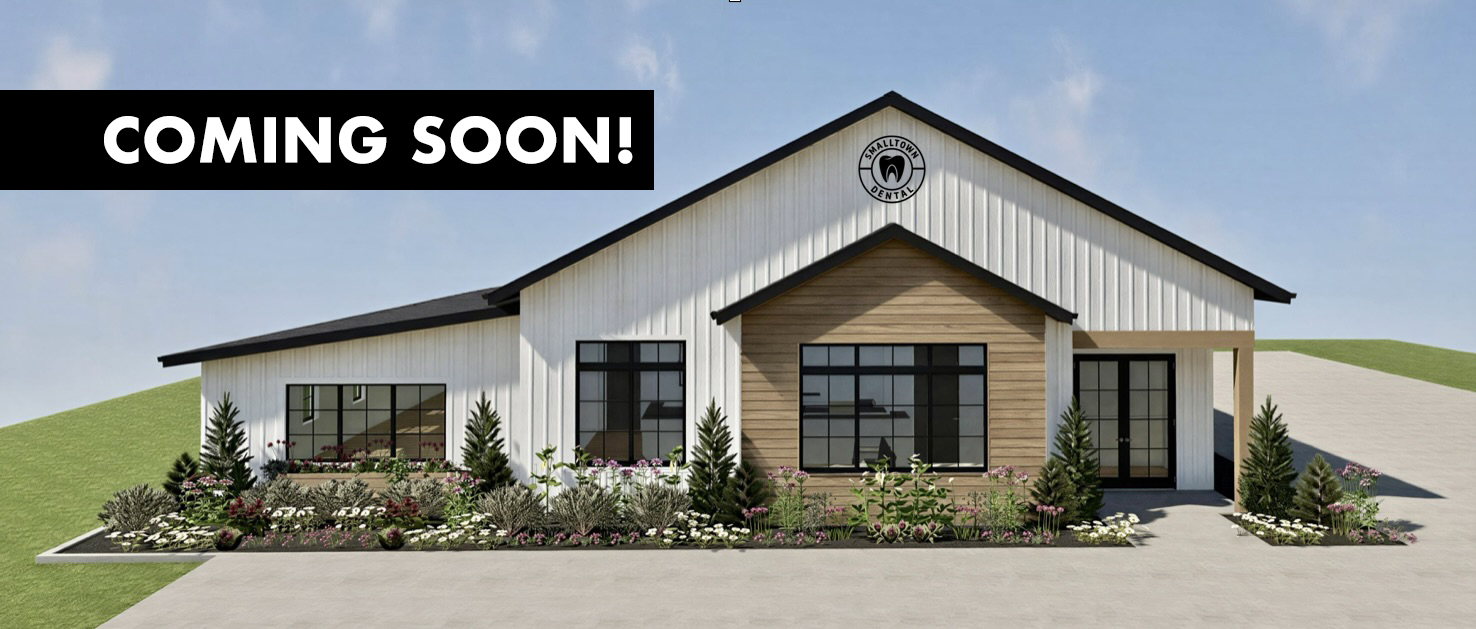Hopedale dental care in IL does not only involve treating cavities and gum disease. Did you know that dentists can also treat sleep apnea? Dentists can choose to specialize in dental sleep medicine, allowing them to treat loud snoring and sleep apnea. What is sleep apnea, and how do you know if you have it?
Sleep apnea is a sleep disorder where your breathing stops and starts repeatedly. Usually, people who feel tired or snore loudly after sleeping may have this condition.

Understanding Sleep Apnea
What Are the Different Types of Sleep Apnea?
The following are the main types of sleep apnea:
- Obstructive Sleep Apnea – This is the most common type of sleep apnea. It occurs when the muscles at the back of your throat relax so much that they impede normal breathing. When your throat muscles relax, your airway narrows as you inhale, affecting your breathing for ten seconds or even longer. Consequently, it lowers your blood oxygen level and causes carbon dioxide buildup.
- Central Sleep Apnea – It occurs when your brain fails to send correct signals to the muscles controlling your breathing. It can result from other conditions such as stroke or heart failure. Typically, patients with central sleep apnea are advised to use supplemental oxygen or a device that helps them breathe.
- Complex Sleep Apnea Syndrome – Treatment-emergent central sleep apnea is another term for complex sleep apnea syndrome. When you have complex sleep apnea syndrome, it means you have both central and obstructive sleep apnea.
The only way to know if you have sleep apnea is to see your dentist. Treating this condition can help manage your symptoms and may even prevent other health complications.
What Are the Symptoms of Sleep Apnea?
The symptoms of central and obstructive sleep apnea are quite similar, so it can be challenging to determine which type of sleep apnea you have. However, the usual signs and symptoms of both obstructive and central are the following
- Snoring that’s too loud
- Instances when you stop breathing while sleeping (usually reported by a significant other)
- Gasping for air while sleeping
- Headache felt in the morning
- Irritability
- Waking up with a dry mouth
- Hypersomnia or excessive daytime sleepiness
- Insomnia or difficulty staying asleep
- Low concentration Level

When Should You See a Doctor?
People who snore loudly in their sleep should see a doctor. However, it’s important to mention that some people with sleep apnea don’t snore. To get a proper diagnosis, you should see your dentist, especially if you exhibit other signs of the condition, such as sleepiness, irritability, and fatigue.
What Are the Risk Factors of Sleep Apnea?
Sleep apnea can happen to anyone, including children, but several factors may increase your risk.
Obstructive Sleep Apnea
- Obesity – Being overweight or obese will increase your risk of sleep apnea. Fat deposits that build up around your upper airway could block your breathing.
- Thick Necks – Did you know that individuals with a broader neck circumference are more prone to sleep apnea because they have narrower airways?
- Age – Older adults are more prone to sleep apnea, although it can happen at any age.
- Sex– Studies reveal that men are three times more likely to develop sleep apnea than women.
Central Sleep Apnea
- Age – Central sleep apnea is more common among middle-aged and older individuals.
- Sex – Men are more at risk of central sleep apnea compared to women.
- Heart Problems – People with congestive heart failure are susceptible to sleep apnea.

Book a Hopedale Dental Care, IL, Appointment and Get Treated Today!
If you think you show signs and symptoms of sleep apnea, don’t hesitate to get in touch with us. Our team at Smalltown Dental will conduct a thorough assessment to check if you have the condition. Contact us for an appointment.








.webp)








